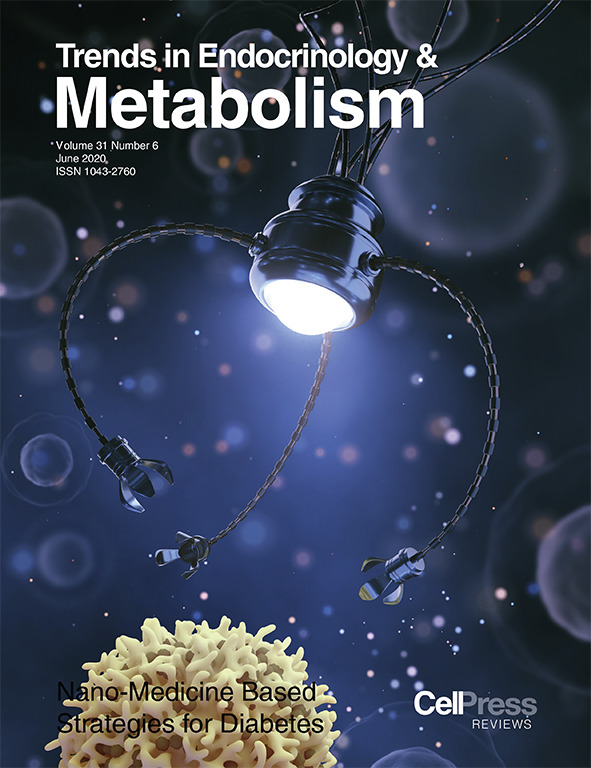Authors:
Fabio Facchinetti, Maria Salome Bezerra Espinola, Didier Dewailly, Ali Cenk Ozay, Nikos Prapas, Mónica Vazquez-Levin, Artur Wdowiak, and Vittorio Unfer, for the Expert Group on Inositols in Preclinical and Clinical Research:
Fabio Facchinetti, Vittorio Unfer, Marialuisa Appetecchia, Cesare Aragona, Matteo Bertelli, Arturo Bevilacqua, Maria Salome Bezerra Espinola, Mariano Bizzarri, Pietro Cavalli, Andrew Copp, Rosario D’Anna, Didier Dewailly, Nicholas Greene, Imelda Hernández Marín, Zdravko A. Kamenov, Eleni Kandaraki, Evanthia Diamanti Kandarakis, Antonio Simone Laganà, Giovanni Monastra, Mario Montanino Oliva, John E. Nestler, Ali Cenk Ozay, Olga Papalou, Lali Pkhaladze, Giusy Porcaro, Nikos Prapas, Christophe O. Soulage, Annarita Stringaro, Mónica Vazquez-Levin, and Artur Wdowiak
Abstract
It is well known that myo-inositol (MI) and D-chiro-inositol (DCI) are insulin-sensitizing agents, and MI is of proven utility in polycystic ovary syndrome (PCOS). In addition, MI plays a pivotal role in the physiology of reproduction, and has beneficial effects on the development of oocytes, spermatozoa, and embryos. By contrast, DCI has little effect on spermatozoa, but high concentrations in the ovary can negatively affect the quality of oocytes and the blastocyst. Overall, the evidence in the literature supports the beneficial effects of MI in both female and male reproduction, warranting clinical use of MI in assisted reproductive treatment (ART).

